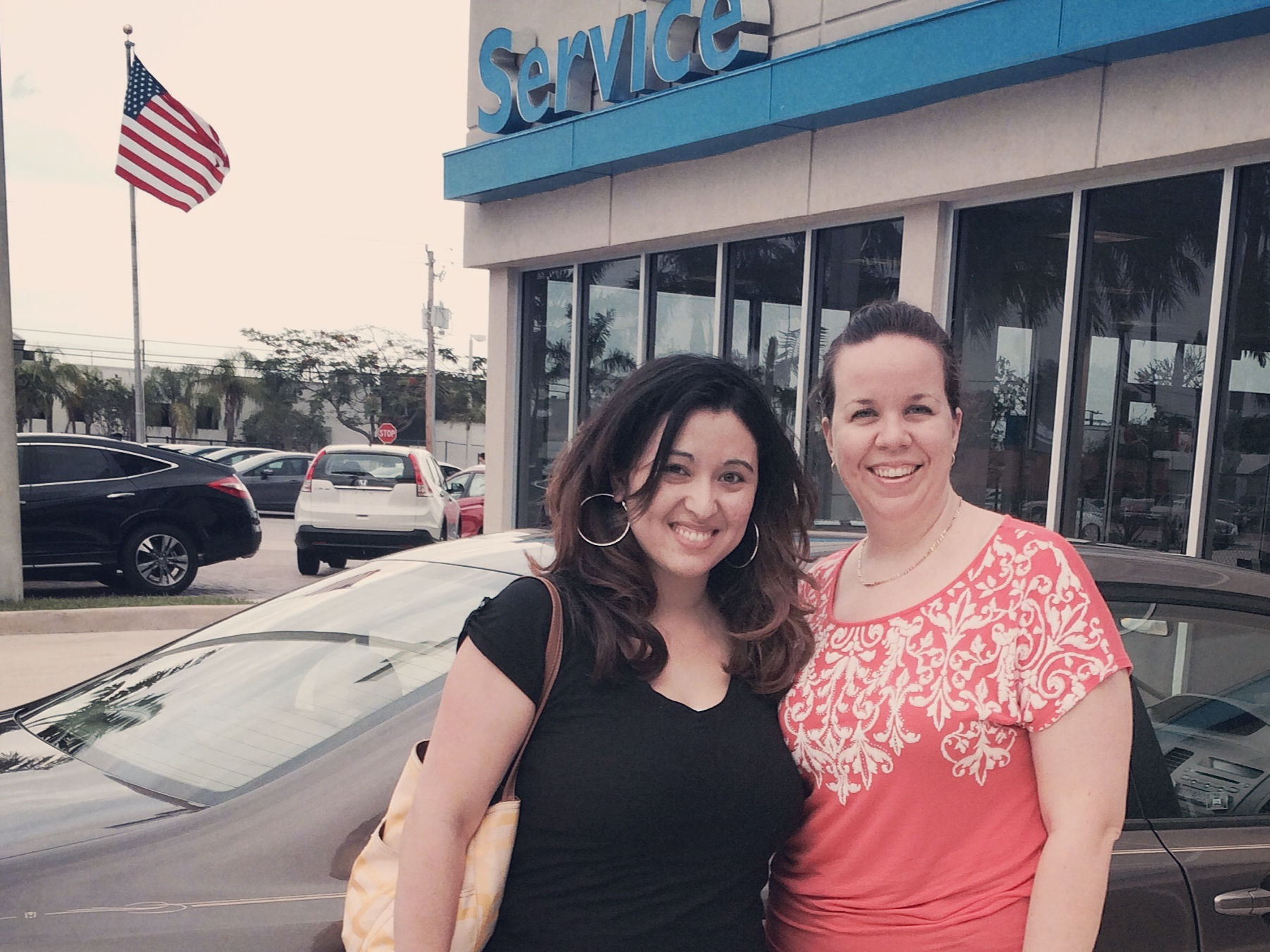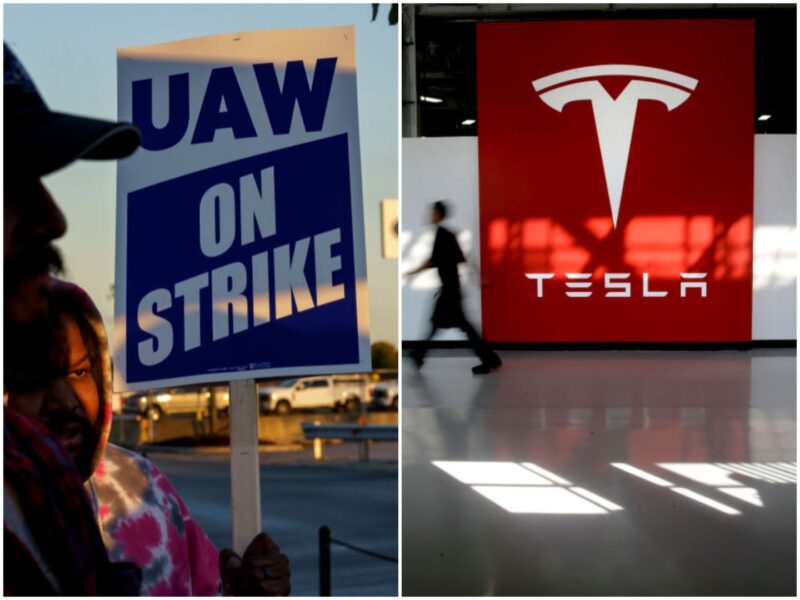- After I totaled my car in 2014, I entered into a $16,000 six-year loan on a used Honda Civic with a $259.26 payment and 5.59% interest.
- I paid it off a year ahead of schedule and immediately noticed three benefits I hadn’t expected.
- I was able to put more money toward my credit-card debt every month, I wasn’t tied to my car insurance any longer and could opt for another plan with a lower rate, and I saw my credit score tick up.
- Read more personal finance coverage.
For the first eight months of my job in Palm Beach, Florida, I commuted an hour from Fort Lauderdale on I-95, which is known to be one of the most dangerous interstates in America.
On May 20, 2014, I found out how true that is. On the way to work that day, I got into a nearly fatal car accident and completely wrecked my car. Fortunately, no one got hurt, and my job gave me the day off to recover from my shock.
Because this was probably the scariest experience of my life, I decided it was time to move closer to work. But first, I needed a car.
Along with my bestie, I went to the local Honda car dealership on June 14, 2014, and after a few hours of browsing, I chose a brown 2010 Honda Civic. After some paperwork, I entered into a $16,000 six-year loan with a $259.26 payment and 5.59% interest.
Fortunately, it took me only five years to pay it off. I made my final payment in June.
As my car loan got smaller and smaller, I got more and more excited because it would mean keeping more of my money. When I made my final payment on June 28, a few immediate benefits came onto the table:
- As soon as I paid this off, I increased my monthly credit-card payments from $915 to $1,200.
- I changed my insurance policy and lowered my monthly payments by $50 a month.
- My credit score went up.
1. I increased my credit-card payments
Originally, I wanted to use my windfall to pay for wedding expenses but ultimately decided that paying off my debt was far more important, particularly since I want to buy a house in a few years and need the money.
Since February, I had designated $915 toward credit-card payments. In July, once the car payment was gone, I was able to increase it to $1,200.
Thanks to this more aggressive payment plan, my credit-card debt will be gone in June 2020 (interest notwithstanding). If we had kept the payments at $915, it would have taken until September 2020. Considering how much interest adds up, it's a huge savings to be able to pay it off four months earlier.
2. I changed car-insurance policies
Before my car was paid off, I never knew that I had the option of lowering my car-insurance coverage. That's why my fiancé added me to his Allstate insurance policy a week before my last car payment was made. Paying $50 less a month is such a wonderful change.
As you may or may not know, when paying off a car, the bank requires you to keep the full insurance coverage. However, once you've made good on your loan, it's OK to make changes to your policy, which is what I did. I took advantage of that and went from paying $207.05 with Progressive to $157.29 with Allstate.
3. My credit score went up
While my credit score did increase, it went up by only three points. Yes, that was disappointing because I assumed that it would go up by at least 10 points. Though it's not a significant increase, I absolutely love seeing the $0 balance next to the car-loan category on my Credit Karma account.










